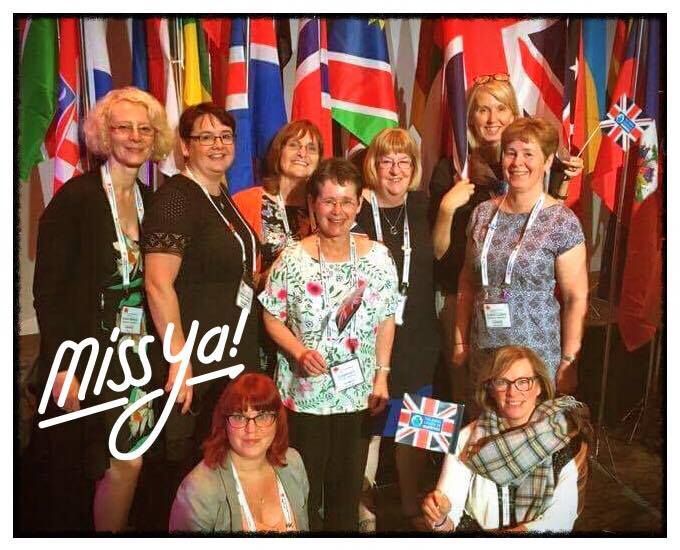Reducing stress and fatigue among maternity staff is key to reducing baby deaths and brain injuries during childbirth, according to a detailed new analysis published by the Royal College of Obstetricians and Gynecologists.
This ‘each baby counts’ initiative confirms that “Decision-making is more difficult when staff feel stressed or tired”.
“This report shows that there is a need for additional support for our maternity staff and units so that every mother and every family has the healthiest possible outcome from pregnancy and birth,” said Judy Ledger, founder and chief executive of the charity Baby LifeLine.
This news supports my own research quest, as I work to find new interventions to support midwives in work-related psychological distress.
This state of affairs also suggests that it may be prudent to do all that we can to ensure midwife satisfaction in the workplace. In fact, anything good in the workplace has to be safer/better than the bad stuff right?
At the 31st International Confederation of Midwives’ Triennial Congress held in June 2017, I stumbled upon an interesting research presentation on what could promote satisfaction/dissatisfaction in the midwifery workplace. More specifically, the characteristics of midwifery management behaviors were used to demonstrate what might promote satisfaction and dissatisfaction in managerial relationships. I will translate my brief notes from the session here:
In promoting workplace satisfaction, a midwifery manager:
- Is supportive
- Respects, values and appreciates midwives
- Is an advocate for staff
- Follows through on promises
- Facilitates new ventures and learning
- Cares for staff
- Is aware of stressors
In promoting workplace dissatisfaction, a midwifery manager:
- Is punitive
- Is demanding
- Is inconsistent
- Is ineffectual
- Is ‘Terrible’
- Tolerates or perpetrates bullying
- Does not listen
Not a big shock here right?…I mean it’s not rocket science. Nevertheless, this knowledge must be shared in order to promote healthy workplace cultures in the pursuit of excellence in maternity care.
The best midwifery care can only be delivered by midwives at their best…. Can we all begin to set our working day by these rules? Can we all be a little kinder? caring?..respectful to one another?

This was just one of the many things learnt at this year’s #ICM2017#ICMLive.
In time, I will try to share more about why #midwivesmatter
If you would like to follow the progress of my work going forward..
Follow me via @SallyPezaro; The Academic Midwife; This blog
Until next time…Look after yourselves and each other 💚💙💜❤
















